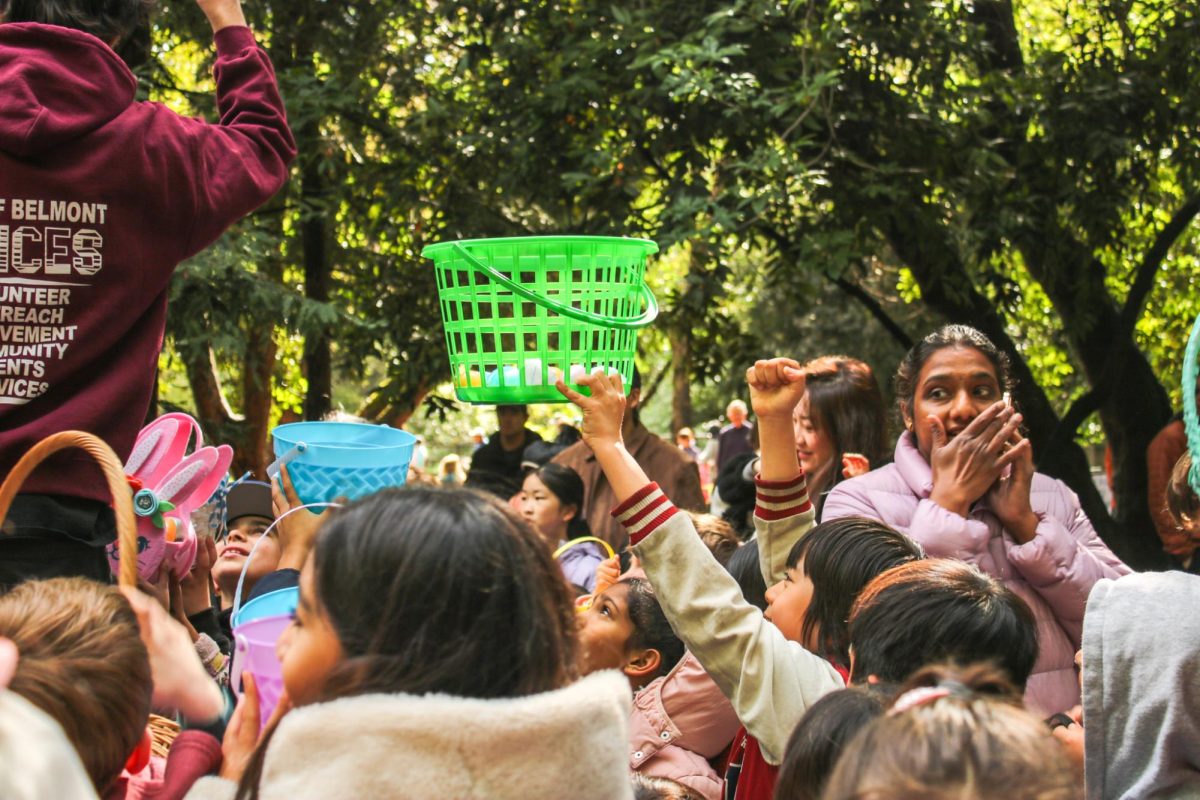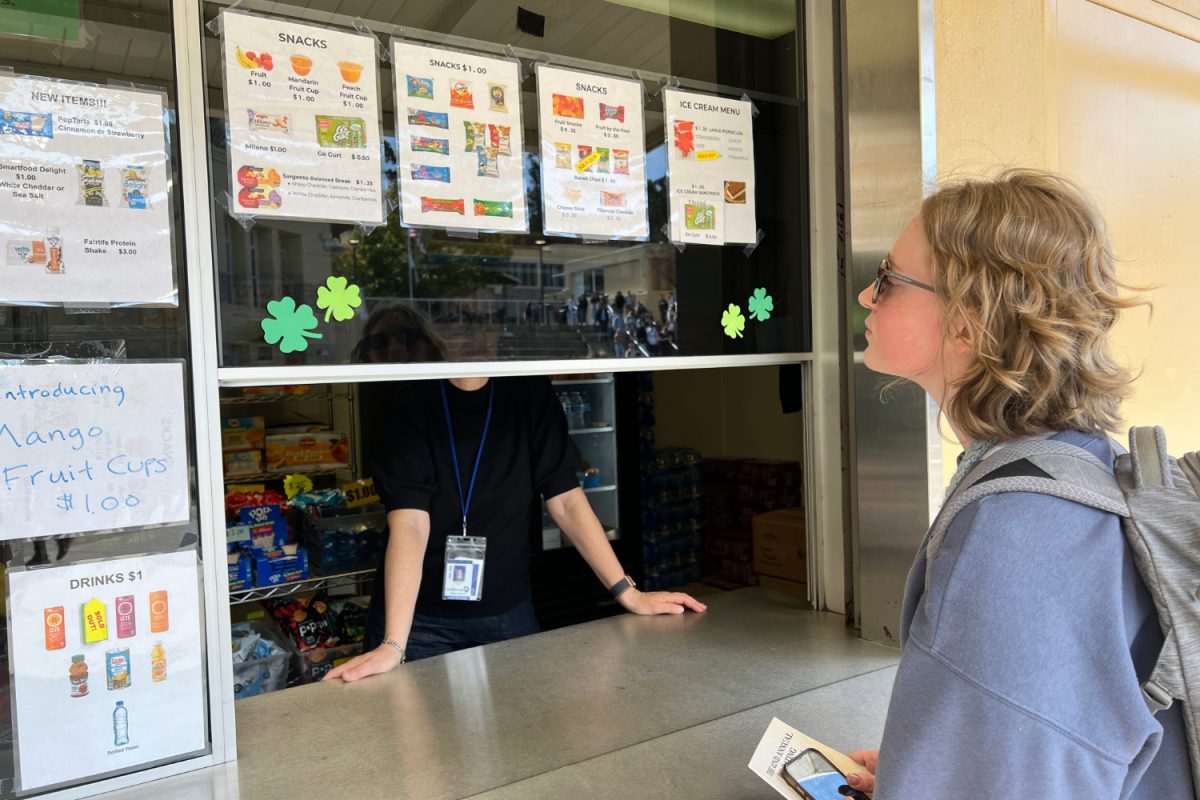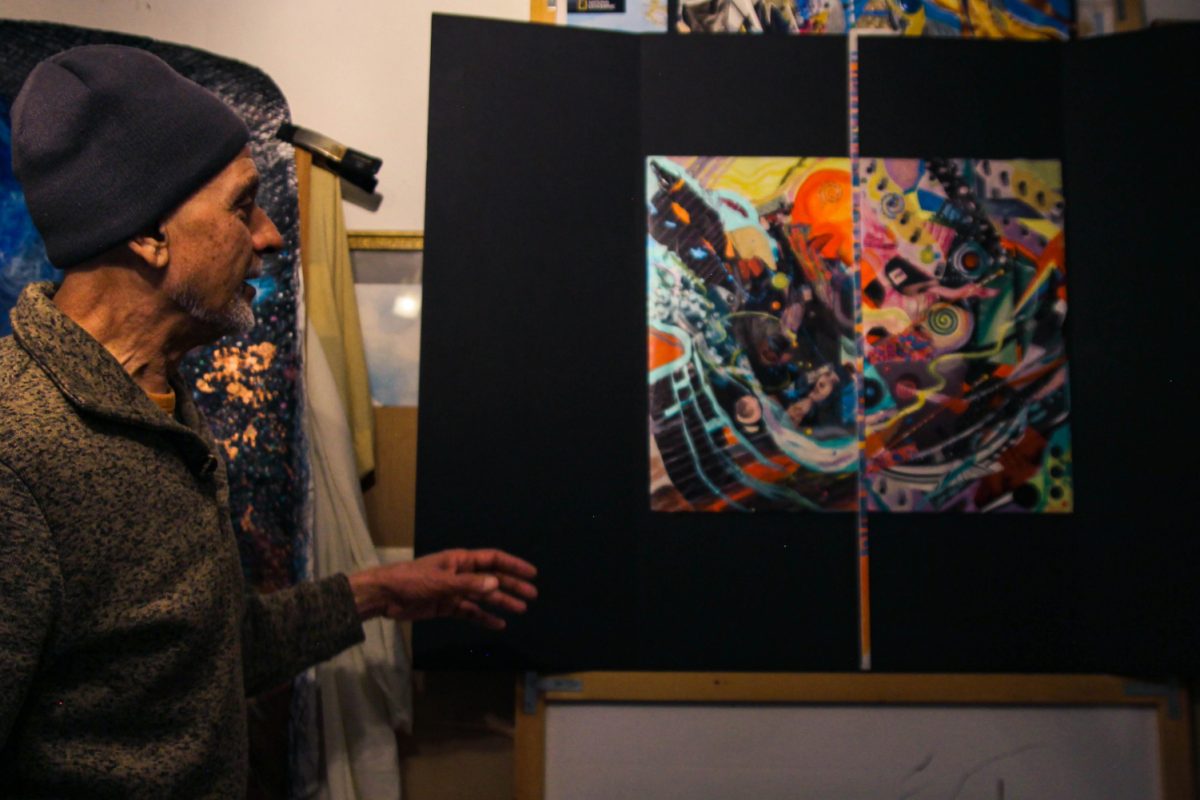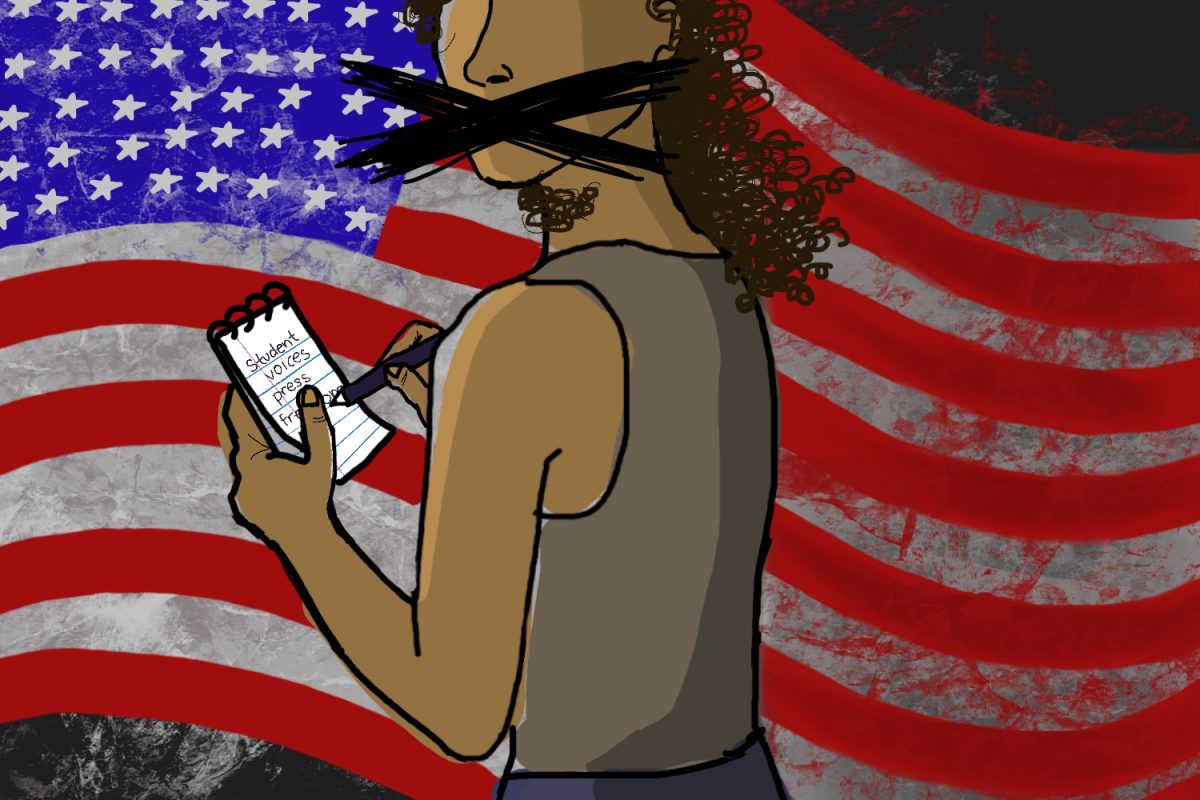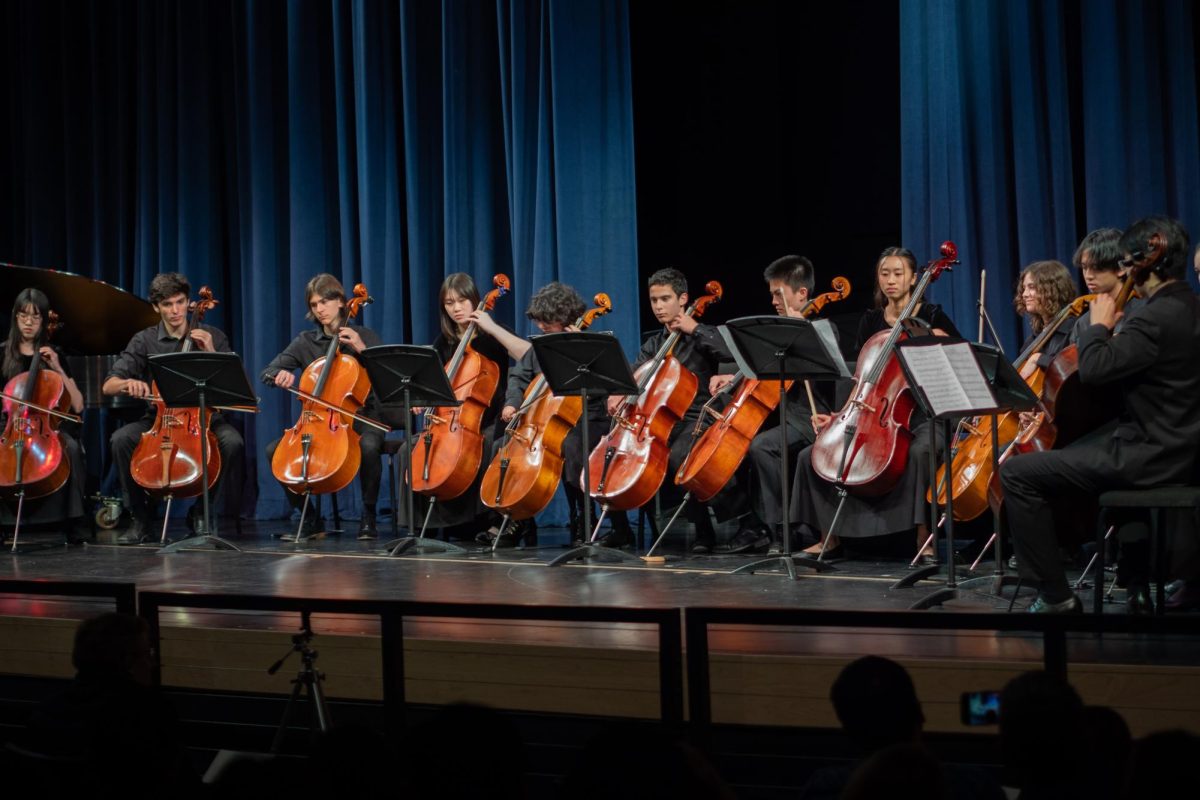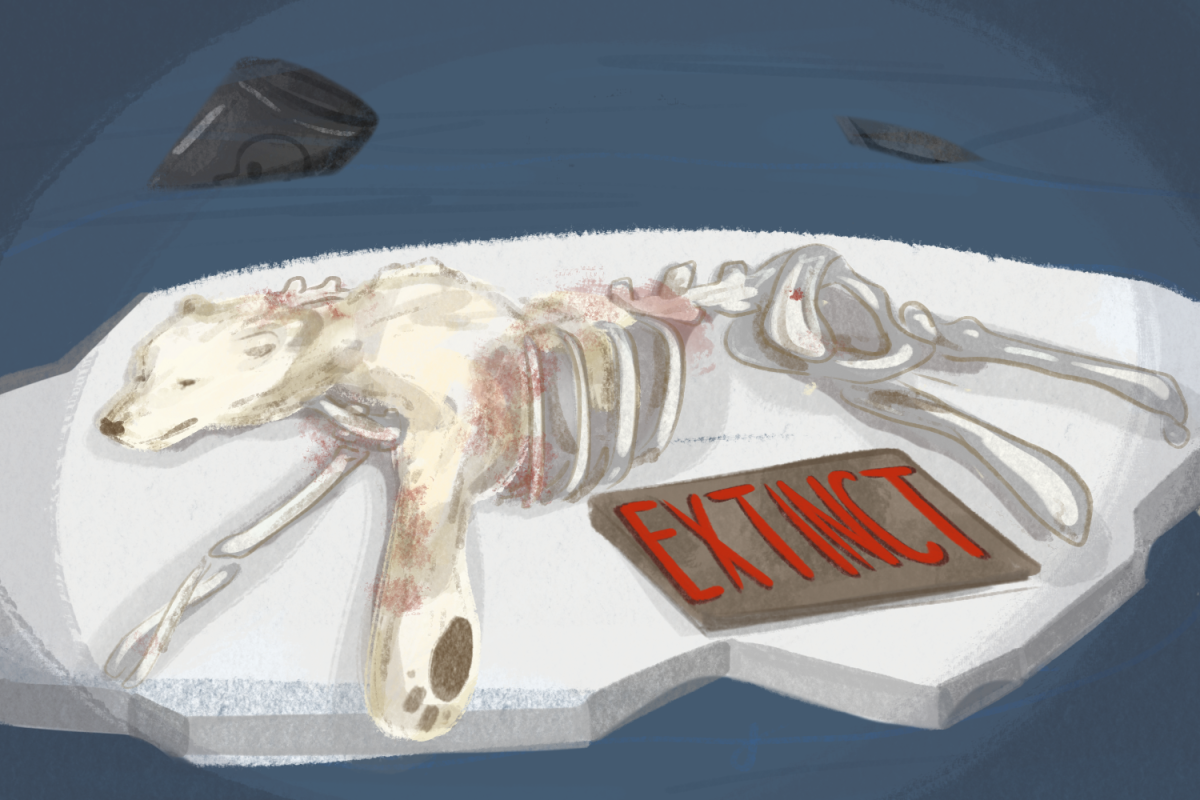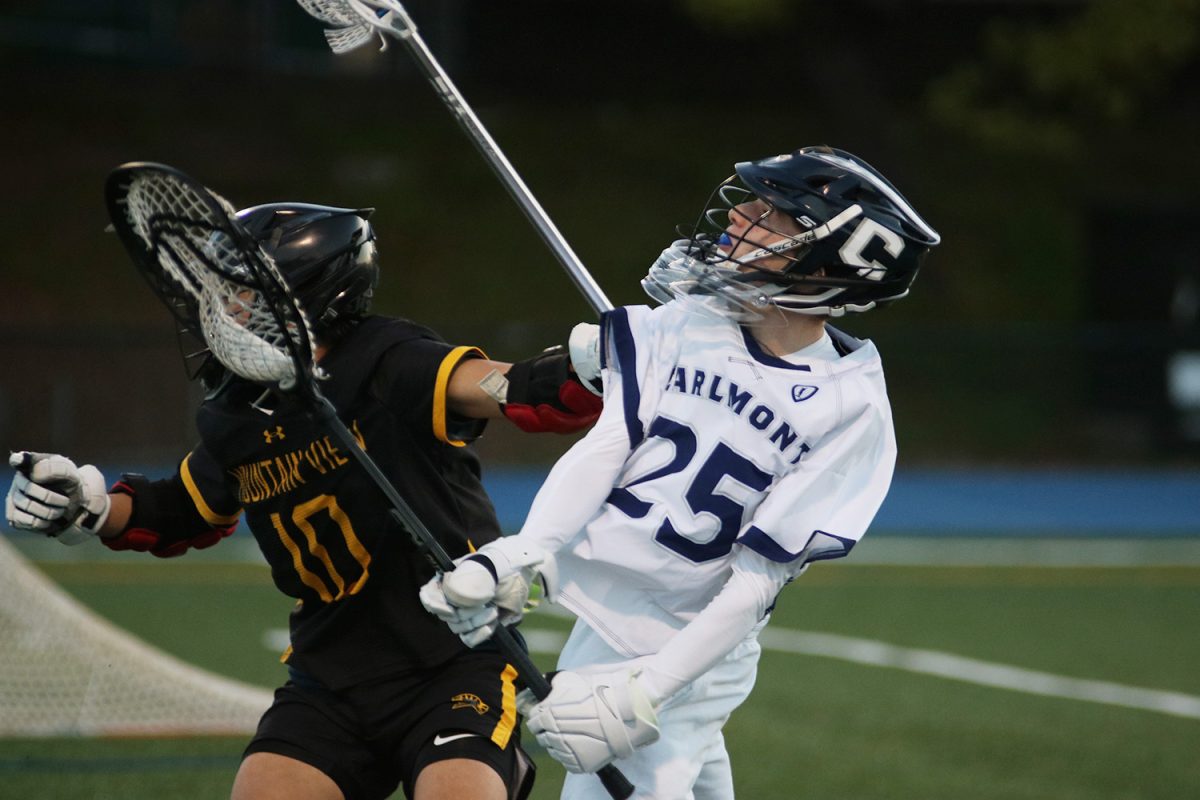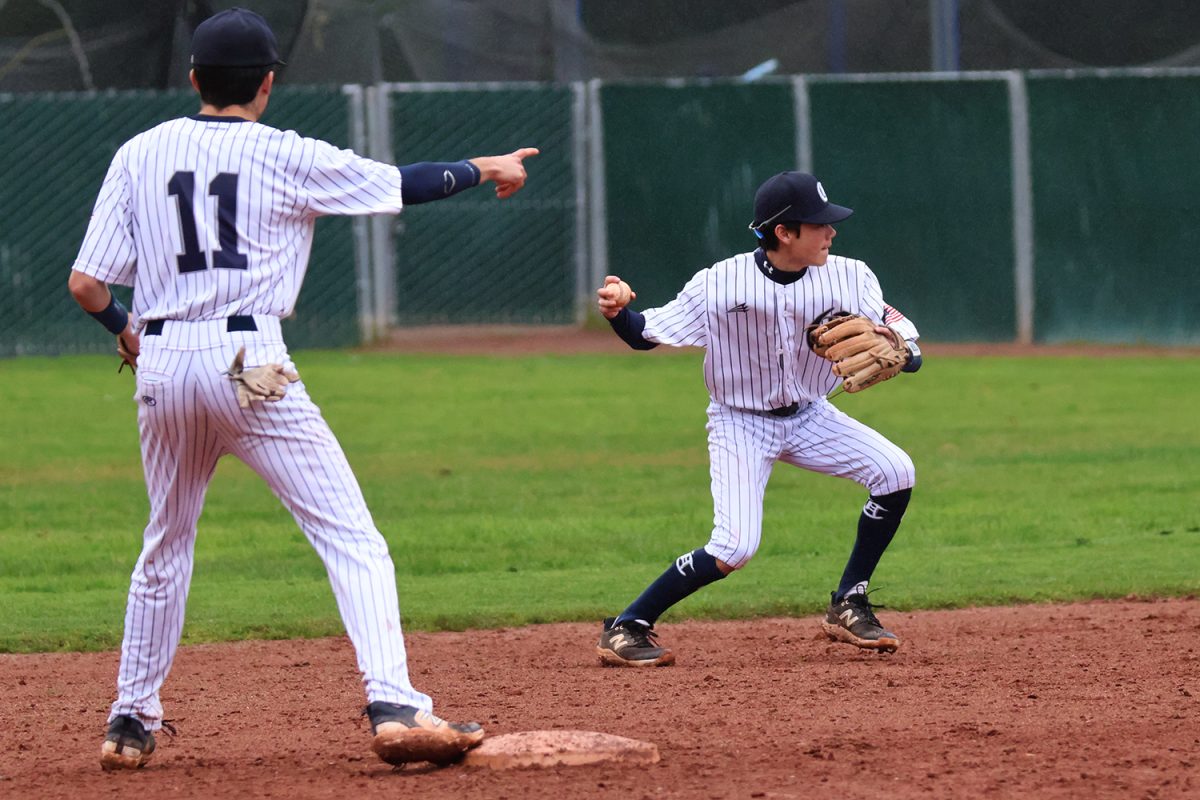In San Mateo County, oftentimes, people may forget that crimes can happen here too. The white picket fences that line some streets can easily create a false sense of security. One might see litter on the side of the road and conclude that it’s the worst misdemeanor to exist in such a subdued area. But a field of crime lurks beneath the surface.
While rarely discussed, human trafficking is very prevalent in the Bay Area. According to the National Human Trafficking Hotline, human trafficking is the use of force, fraud, or coercion to manipulate someone into performing labor or commercial sex. If the individual is a minor, coercion isn’t necessary to classify any commercial sex act as human trafficking.
With the end of Human Trafficking Awareness Month in January 2022, Bay Area organizations are working to promote a better understanding of the crime.
The San Mateo County (SMC) Human Trafficking Program is one of the organizations which has fought human trafficking in the community since its establishment in 2016. The program prioritizes the education of the public, combatting false information that can lead to an inaccurate perception of human trafficking.
“Many people still believe human trafficking is a crime that only happens in other countries, but they couldn’t be more wrong. It occurs throughout the U.S. and in San Mateo County
— Beverly May
“Unfortunately, many people still believe human trafficking is a crime that only happens in other countries, but they couldn’t be more wrong. It occurs throughout the U.S. and in San Mateo County,” said Beverly May, the California Massage Therapy Council(CAMTC) Director of Governmental Affairs and Human Trafficking.
California has the highest human trafficking rates of any other state in the U.S., and the Bay Area is considered a region of high prevalence for trafficking, according to the National Human Trafficking Hotline. Human trafficking can occur in big cities, suburban regions, and even rural areas, taking on multiple forms.
One of these forms is labor trafficking, in which the trafficker forcefully solicits an individual into performing labor. The other form is sex trafficking which commonly involves minors.
“When it comes to sex trafficking, a lot of the victims have been sexually abused, physically abused, or neglected as children. Being mistreated has become normalized for them,” said Pamela Estes, the SMC Human Trafficking Program Coordinator.
This mindset molded by childhood experiences renders human trafficking a complicated crime to track because sometimes even the victims can’t recognize it.
“Human trafficking is unlike most crimes. If you were to have somebody break into your house, you would immediately know that you are a victim of a crime, and you would call the police,” Estes said. “Many human trafficking victims don’t understand the law, and they don’t know that what is happening to them is an actual criminal act.”
California law requires public schools to teach students how to identify and avoid human trafficking to prevent such misunderstandings. But the execution of this mandate provokes mixed opinions.
“Our school doesn’t discuss human trafficking in terms of current events, so I don’t have a good perception of how prevalent it is,” said Mirella Odesskiy, a Carlmont sophomore.
However, programs outside of school promote awareness in other ways. For example, the SMC Human Trafficking Program is hosting a virtual film series.
The series contains three films, each addressing a different aspect of human trafficking. The films will all screen at 6:30 p.m. on their respective dates. The first film, “Chosen,” was cast on Feb. 10. The second, “This Adventure Called California,” will screen on March 10, and the third, “Boys Documentary,” on April 14. The third film sheds light on the exploitation of boys specifically.
“Boys often go under the radar and aren’t a demographic that people perceive as being exploited, but boys are trafficked as well,” Estes said.
This type of awareness highlights the objective of the virtual film series and is one of the main priorities of the SMC Human Trafficking Program.
“If nobody talks about human trafficking or reports suspicious circumstances, then it will always be under the radar,” Estes said. “Trafficking can happen next door to you or down the street from you.”






